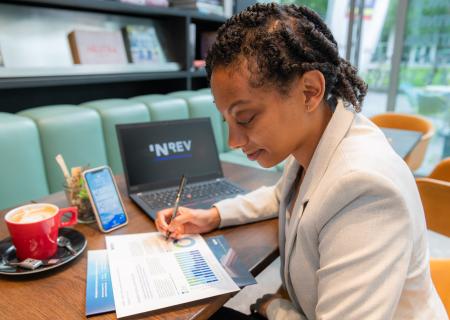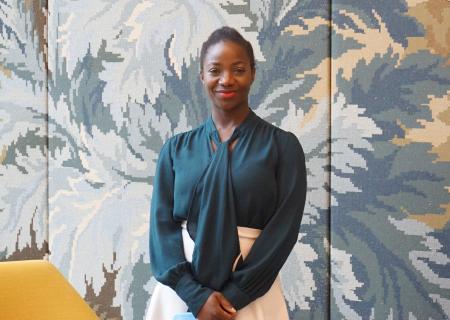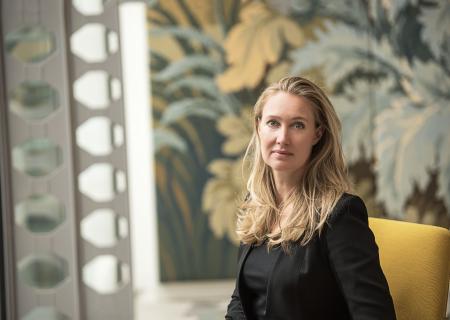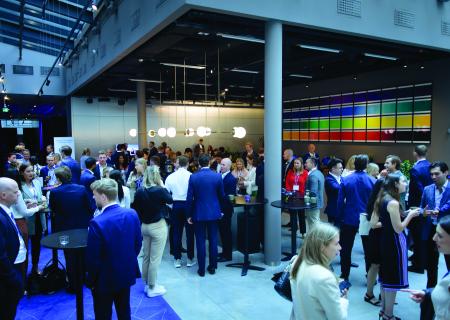INREV Young Professionals Seminar
Transforming from a game of Monopoly to a game of Chess
On 10 December 2020, the annual INREV Young Professionals Seminar brought together 150 young professionals and speakers from around the globe, giving them the opportunity to discuss a series of top-of-mind real estate topics centering around COVID-19 and the frictions and innovations it has brought to the real estate markets. With a record number of attendees, the virtually held seminar – a novum also for the conference – was indeed a very welcomed opportunity for everyone to network and exchange views during the pandemic.
Supported by innovative features, such as facilitated group break-out sessions, there was much room for in-depth and interactive discussions.
As COVID-19 took centre stage of the discussions, a key theme to stand out was the notion of traditionally observed industry cycles currently being put on the “back burner”, and how as a result of the pandemic, our understanding of the industry has accelerated. With the dynamics and insights of nine years compressed into just about nine months, Tristan Capital Partners’ Simon Martin pointed to the diverging prospects of different market segments – a notion resonating well with the experience of many participants. Abstracting from discussions around L-, V- or U-shaped recessions, he also expressed expectations of a more K-shaped development, where some industry segments would re-bound and accelerate, while others could continue to lag.
Another theme worth noting is how the pandemic has added momentum to sustainability and ESG trends, its transformative role for the future of office spaces and the resilience, and prospects, of different geographies and granular usage types. Underpinning the role of real estate in collaboration, innovation, and socializing, is the idea that exposure to current risk drivers may actually differ due to the impact of the virus. Selected sectors such as mixed-use city centers with bars and restaurants could rebound faster than others as soon as people are once again able to meet and take part in social events. For the same reasons, the panel discussion at the event with NN Group’s Marieke van Kamp who was joined by Jerome Berenz, Allianz Real Estate, and Paul Clark, AustralianSuper, refrained from a uniform evaluation of the pandemic’s effect on broader usage types, but re-iterated the need to continuously assess sub-sectors, for example, secondary office locations in inner cities.
Another theme worth noting is how the pandemic has added momentum to sustainability and ESG trends, its transformative role for the future of office spaces and the resilience, and prospects, of different geographies and granular usage types
Despite the challenges real estate investors faced last year, there were also opportunities that emerged. INREV’s Lonneke Löwik reflected on past experiences in the real estate industry and drew upon the learnings of different INREV members, specifically on changing appetites of investors. Dror Poleg further indicated that traditional defenses such as market opacity, the dictum of location, and local expertise are being continuously disrupted by innovative players in the industry, and investors should seize new opportunities to emerge from the pandemic – moving from what traditionally felt like a game of monopoly to a more collaborative and strategic, chess-like approach. So let the games begin…
This article was written by Sanneke Rothenburger, PGIM Real Estate, and member of the INREV Young Professionals Committee.
INREV Young Professionals Seminar 2020
If you missed this event, you can catch up with the recording and presentations in the INREV Library










